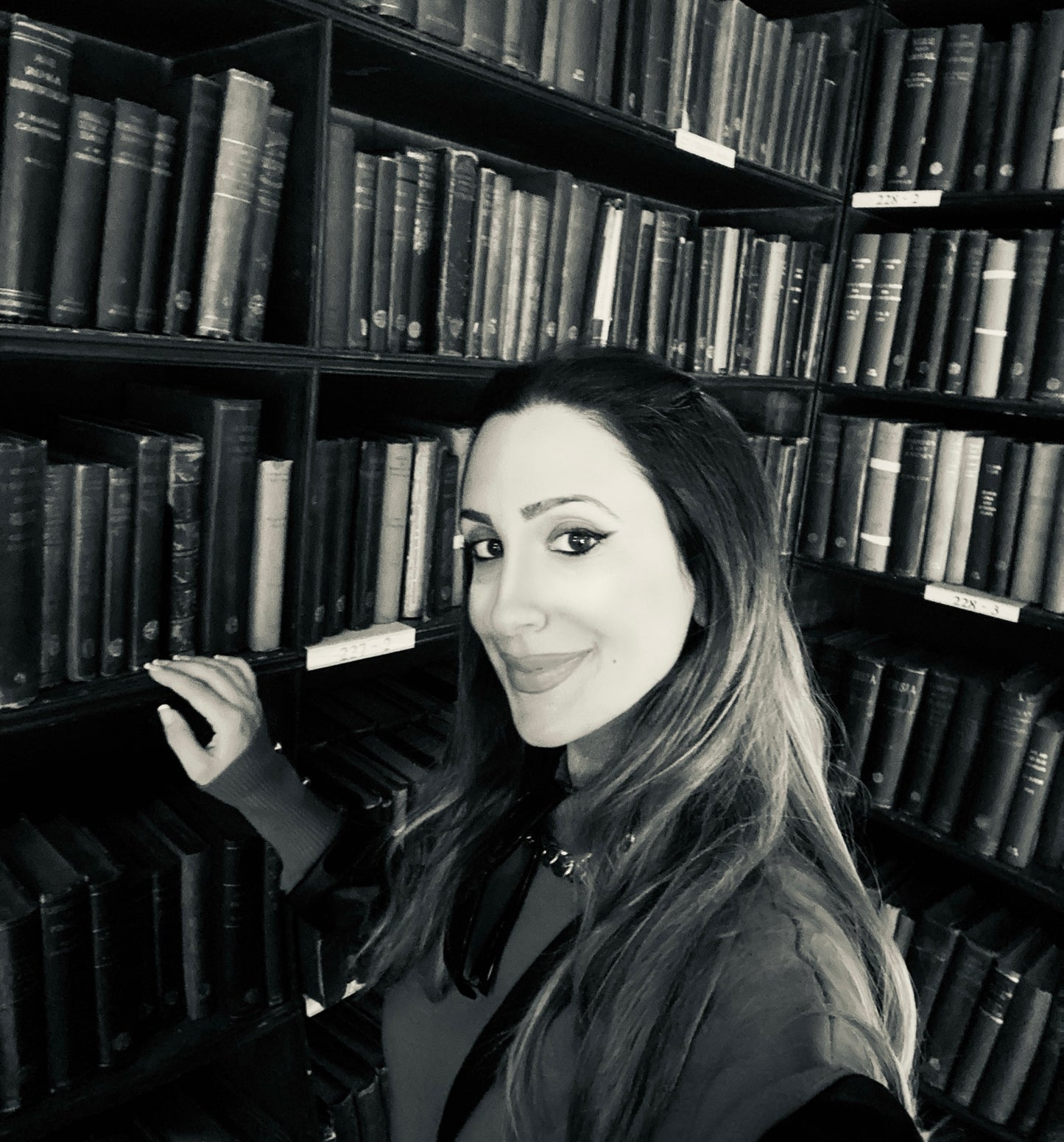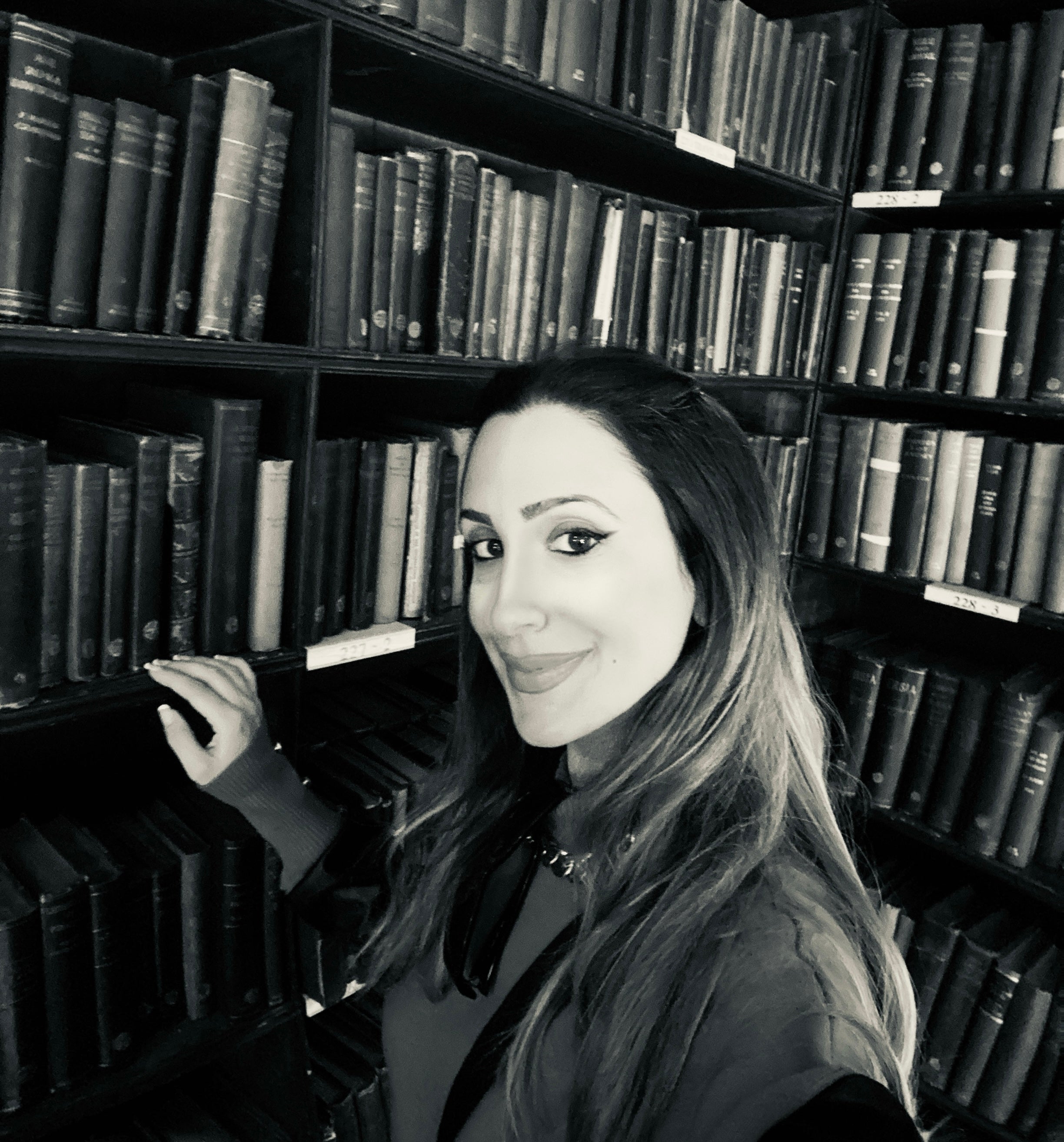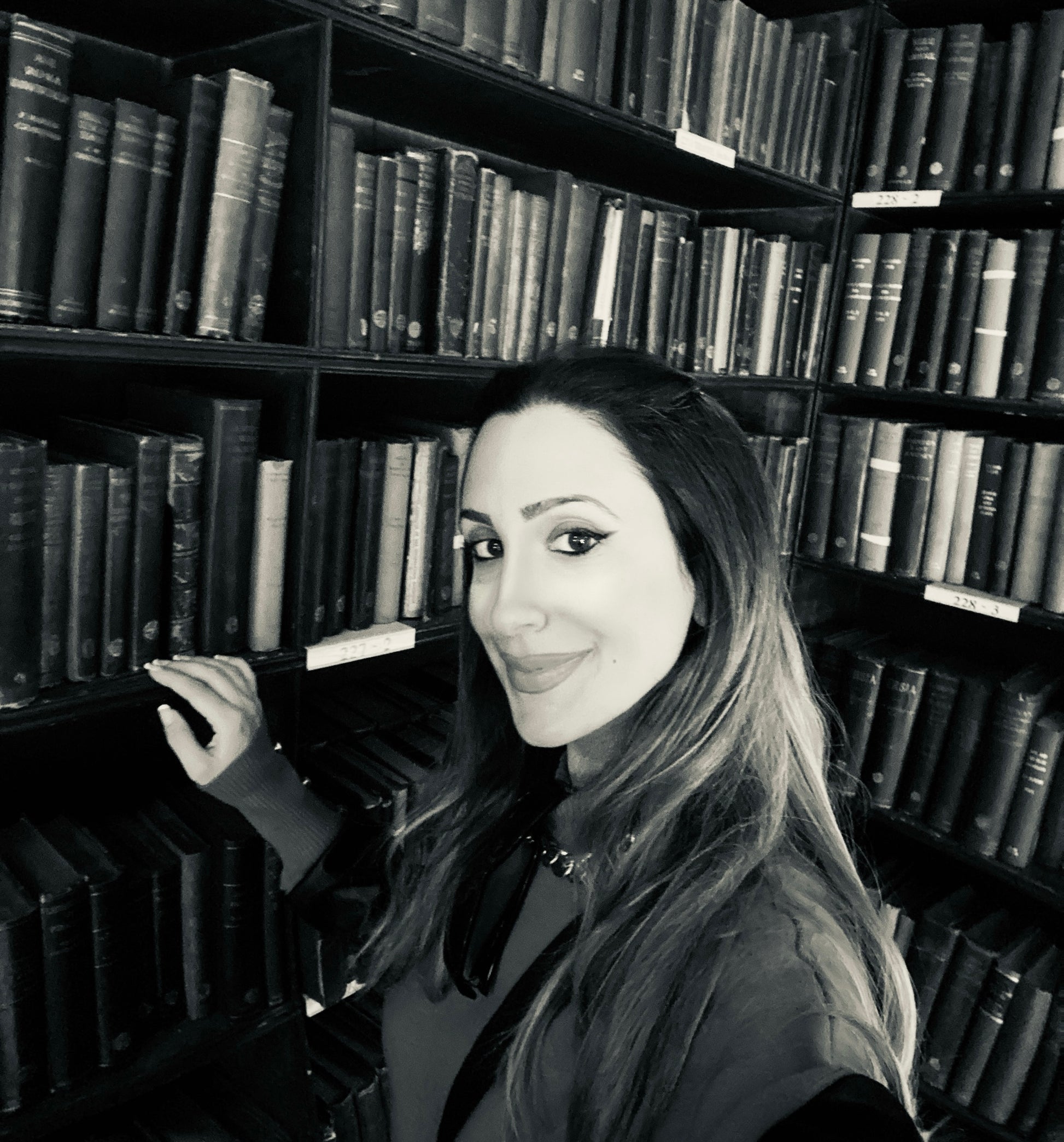Ella Ma Temro’ Nasmi - A Breeze Cannot But Pass
Ella Ma Temro’ Nasmi - A Breeze Cannot But Pass
By Roula-Maria Dib
In Artworks
Couldn't load pickup availability
Stock level: 1 left
Item details:
Downhill uphill. Footstep’s strike, a percussion of memoirs
to the rhythm of a hiker’s metabolic rate in July sun.
Heat. Hair thickens into wool, broomstick bristles.
A breeze would always pass by to comb those strands,
sprouted from a scalp made on this very route. Inside, like outside,
is a garden. Everything here has its roots.
We water them so our days can prosper
like those Geraniums in red waves
from old milk tins. Tatra. Regilait. Nido.
Maa Nido Rebyo el Wlad. We inhale the
breath of cyclamens, coffee moves into the scent
of their Rubiaceae relatives dropped on the ground,
like touch on a jasmine trail. In one briny olive
at the breakfast table, I taste my sister’s longing.
Diaspora. Locked in lands incomprehensible as thought.
Caramelized onions-- I remember they were once raw
and tear-inducing. A breeze cannot but pass to cool
the wounds where paths close.
* Children grew up with Nido.
Artist Statement
In the wake of displacement, what lingers are fragments—sensory echoes, ancestral textures, and the weight of inherited longing. “Ella Ma Temro’ Nasmi (A Breeze Cannot But Pass)” is a poetic response to the aftermaths of diaspora, generational memory, and identity dislocation. Through images of hill-walks, kitchen aromas, and childhood containers repurposed into flowerpots, the poem traces an invisible architecture of belonging—one built from the overlooked, the domestic, and the seasonal.
This piece draws on personal and collective memory from Lebanon, where objects and landscapes become vessels of emotion and history. A breeze combing through sun-thickened hair is not merely meteorological; it is symbolic of the fleeting moments that cool wounds after rupture. After the upheaval of migration or political strife, what remains are everyday relics that carry home within them: Nido tins flowering with geraniums, the scent of ground coffee blending with jasmines, and olives that taste of longing across borders.
The poem inhabits the emotional terrain where grief meets ritual, where even caramelized onions recall the sharpness of what came before. The breeze—gentle, inevitable—becomes a metaphor for time’s passage and the quiet endurance of those carrying memory in their bodies. In this way, “Ella Ma Temro’ Nasmi” becomes not just a reflection on aftermaths, but a testimony to the quiet resilience that follows: how we gather what’s left and find life still blooming in the cracks.

About Roula-Maria Dib

Roula-Maria Dib, PhD, FRSA is an award-winning scholar, poet, and editor whose work bridges literature, creative writing, Jungian psychology, and arts-based research. She is the founding director of the London Arts-Based Research Centre and Editor-in-Chief of Indelible, a literary and arts journal that fosters cross-disciplinary creative expression. Awarded the UK Global Talent Visa and endorsed by the British Academy, Roula has been recognized for her contributions to academia and the creative arts. She is also a Fellow of the Royal Society of Arts, and in 2022, she received the British Council’s Alumni Award for Culture and Creativity while she was an associate professor at the American University in Dubai. Her academic and creative work explores the deep connections between Jungian and literary theory, poetic inquiry, mythology, and transdisciplinary scholarship. Her book Jungian Metaphor in Modernist Literature (Routledge, 2020) was shortlisted for the International Association for Jungian Studies Book Awards, and her poetry collection Simply Being (Chiron Publications, 2021) has received critical acclaim. She is also a contributor to Patricia Leavy’s renowned Handbook of Arts-Based Research. Roula is an active curator of global academic and creative activities, having organized over 100 conferences and events. Through her Psychreative speaker series and international workshops, she continues to inspire dialogue between the humanities, the arts, and inner life.


